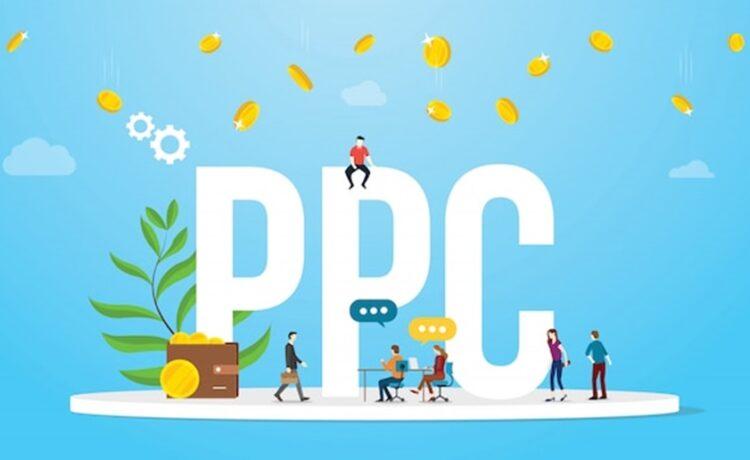In the world of online advertising, marketers are always exploring new ways to drive traffic and conversions for their clients. Among the most popular and effective methods of digital marketing, Paid Search and PPC often steal the spotlight. But as a savvy marketer, you must be wondering: is PPC the same as paid search? In this post, we will dive into the differences between the two terms – PPC vs. paid search – along with how they are related. By understanding these distinctions, you’ll be better equipped to develop and execute a winning online advertising strategy.
Understanding Paid Search
Paid search is a form of online advertising where you pay to have your website listed among the top search results when users type in specific keywords in search engines like Google or Bing. Advertisers bid on these keywords, and the search engine displays the highest bids along with organic results. Paid search ads are typically found at the top or bottom of search results, with a small “Ad” label to identify them as sponsored content.
Some of the benefits of paid search include:
- Reaching your target audience more effectively through specific keywords.
- Cost control through the pay-per-click (PPC) model.
- Quick results compared to waiting for organic search optimization.
- Easy tracking of performance and ability to optimize in real-time.
Digging into PPC
PPC, or pay-per-click, is an online advertising model where businesses place ads on multiple platforms like search engines, social media, and other websites. Advertisers only pay when a user clicks on their ad – thus the term “pay-per-click.” Google Ads is perhaps the most popular and widely recognized PPC platform, with ads appearing on Google search results pages as well as on a vast network of partner websites. In case you want to learn about PPC management, you may also check out this blog post. It will help you to understand the basics of PPC and how to effectively manage your campaigns.
PPC advertising has distinct advantages, such as:
- A broad reach across multiple platforms.
- Ability to target specific demographics and interests.
- Ads can appear in different formats, including banners or in-feed posts.
PPC vs. Paid Search: What’s the Difference?
Although the terms PPC the same as paid search are often used interchangeably, they do differ in certain aspects:
Paid search primarily focuses on search engines, ensuring that your website appears higher in search results for specific keywords. PPC covers a broader range of platforms, including search engines, social media, and websites.
Paid search ads usually resemble organic search results, with text-based ads at the top or bottom of the page. PPC ads, on the other hand, can come in various formats, such as banners, images, and videos.
Nevertheless, they share some common ground:
- Both involve paying for clicks or visits.
- They both allow you to track performance and optimize campaigns in real time.
- You can target specific audiences on both platforms.
To Conclude
Although paid search and PPC share similarities, they differ in scope and ad formats. While paid search focuses on search engine results, PPC encompasses a broader range of platforms and ad types. Understanding the distinctions and hiring a reliable SEO agency in Cumming can help you develop an effective online advertising strategy that works for your business. So, make sure to get the help of a professional SEO agency that knows its way around these platforms. With the right approach, you can ensure an effective and successful PPC campaign. Good luck!







